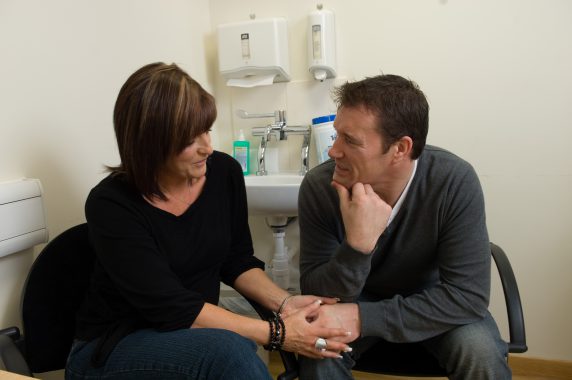The RCGP has released a joint statement with a host of UK organisations condemning therapy which aims to change sexual orientation, so-called conversion therapy.
The statement makes clear that the practice is ‘unethical and harmful’ and ‘has no place in the modern world’.
This follows a legislative ban against conversion therapy in Malta and draft legislation in Taiwan to do the same.
Signatories of the statement also include the UK Council for Psychotherapy, The British Psychological Society and the British Association for Counselling and Psychotherapy, as well as GLADD (The Association of LGBT Doctors and Dentists), Pink Therapy, Stonewall, NHS Scotland and the Scottish Government.
Professor Helen Stokes-Lampard, RCGP chair, said: ‘The Royal College of General Practitioners is proud to support this statement. As medical professionals, we are highly trained to treat our patients regardless of their sexual orientation – not because of it.
‘Being gay or trans is not a disease, it is not a mental illness and it doesn’t need a cure. Any proclamations to the contrary risk causing harm to our gay and trans patients’ physical and mental health and wellbeing, as well as perpetuating discrimination in society.’
This follows work by these groups over the last few years against conversion therapy, including the production of a memorandum of understanding against the practice.
The full statement reads:
‘We the undersigned UK organisations wish to state that the practice of conversion therapy has no place in the modern world. It is unethical and harmful and not supported by evidence.
‘Conversion Therapy is the term for therapy that assumes certain sexual orientations or gender identities are inferior to others, and seeks to change or suppress them on that basis.
‘Sexual orientations and gender identities are not mental health disorders, although exclusion, stigma and prejudice may precipitate mental health issues for any person subjected to these abuses. Anyone accessing therapeutic help should be able to do so without fear of judgement or the threat of being pressured to change a fundamental aspect of who they are.’
Supported by:
The British Association for Counselling and Psychotherapy
The British Association for Behavioural and Cognitive Psychotherapies
The British Psychoanalytic Council
The British Psychological Society
The College of Sexual and Relationship Therapists
GLADD – The Association of LGBT Doctors and Dentists
The National Counselling Society
National Health Service Scotland
Pink Therapy
The Royal College of General Practitioners
The Scottish Government
Stonewall
The UK Council for Psychotherapy
Pulse October survey
Take our July 2025 survey to potentially win £1.000 worth of tokens

Visit Pulse Reference for details on 140 symptoms, including easily searchable symptoms and categories, offering you a free platform to check symptoms and receive potential diagnoses during consultations.











